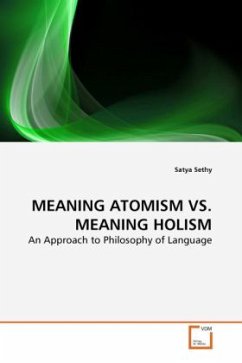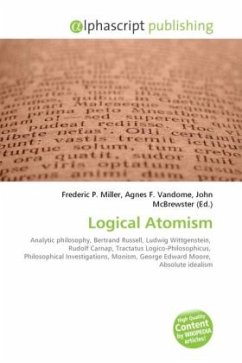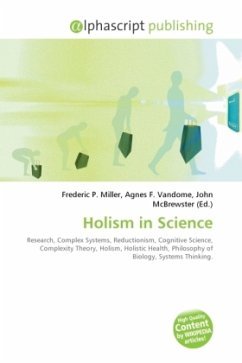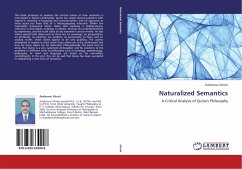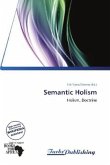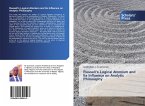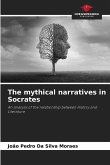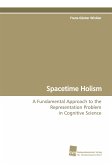The main objective of the inquiry undertaken in this study is to explore the nature of meaning and the way it functions in language. The two semantic perspectives that dominate the philosophers' discussion on meaning are: meaning atomism and meaning holism. As the name suggests, meaning atomism views meaning works atomistically. It suggests that meaning of a proposition is determined in isolation from other propositions. This view is supported by Frege, Early Wittgenstein,Logical positivists, Russell and many other. Further, we found there are problems in atomistic theory of meaning. On the basis of the failure of atomistic theory of meaning we explore the alternative theory, i.e. meaning holism. To establish this we have considered the arguments of Quine, Davidson, and Later Wittgenstein. The holistic perspective on meaning says that meaning of a proposition is not determined in isolation. It determines in relation to other propositions of a given language. This suggests that tounderstand the meaning of a proposition we need to understand a set of proposition of that language. Thus, meaning can be decided in relation to a bunch of proposition in a particular paradigm of language.

